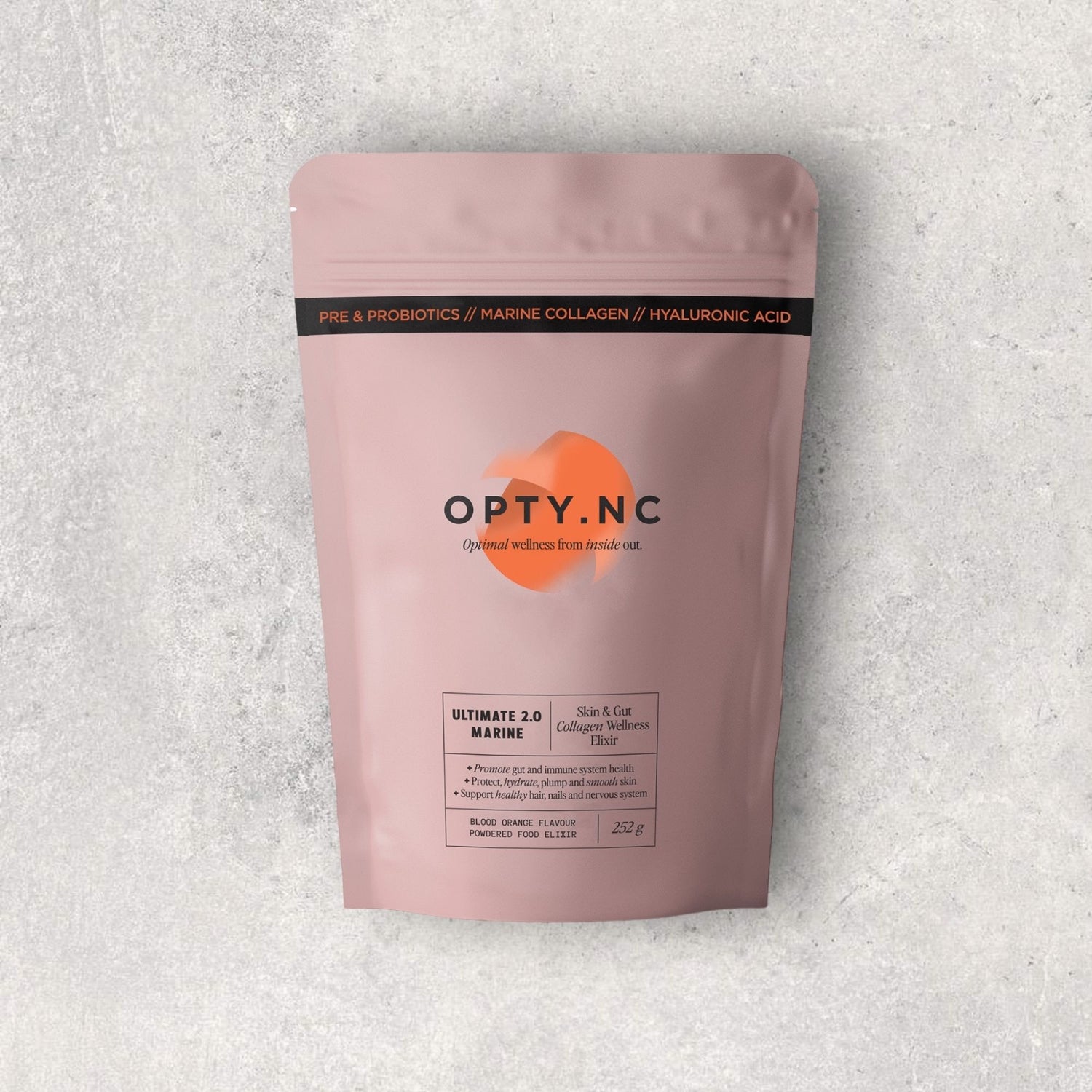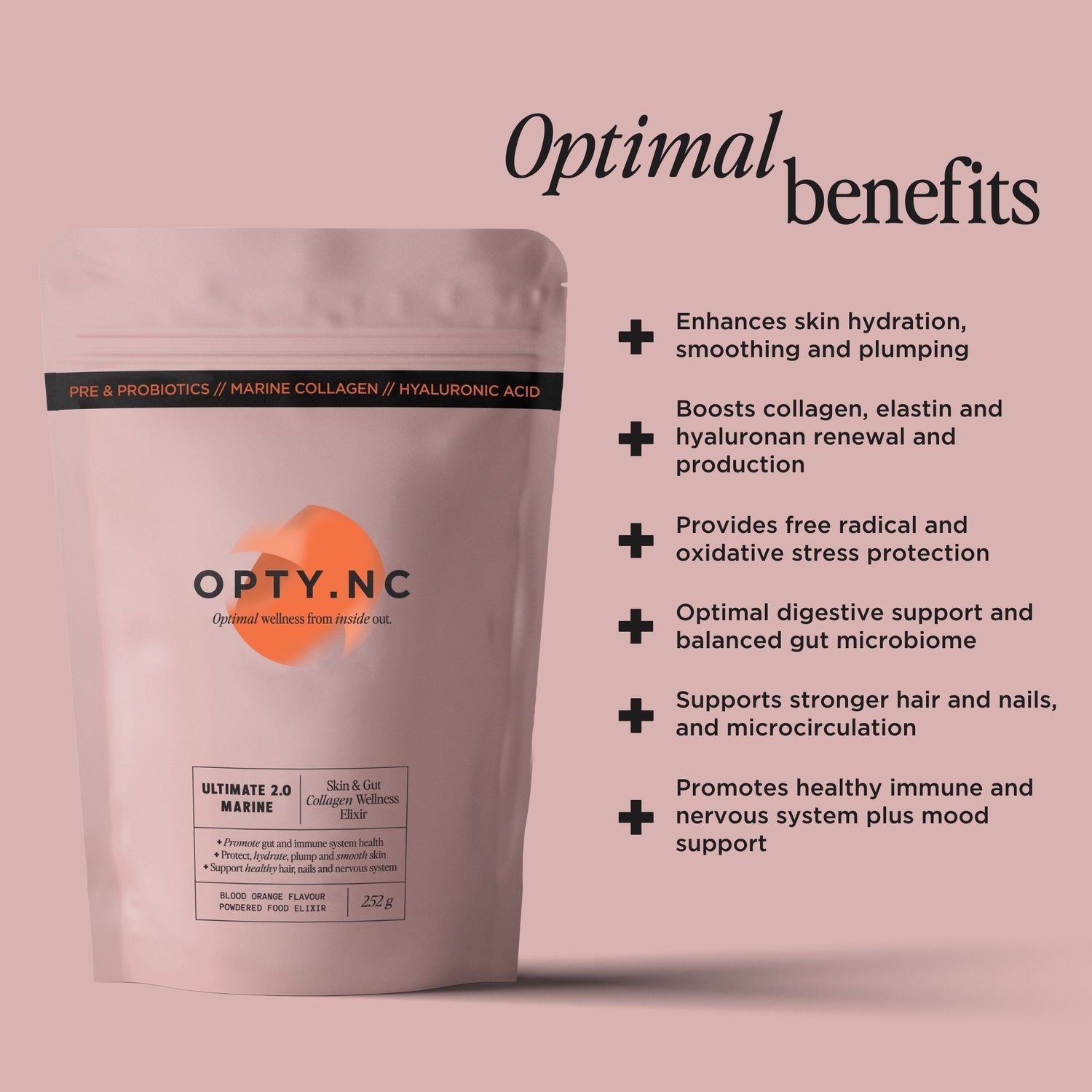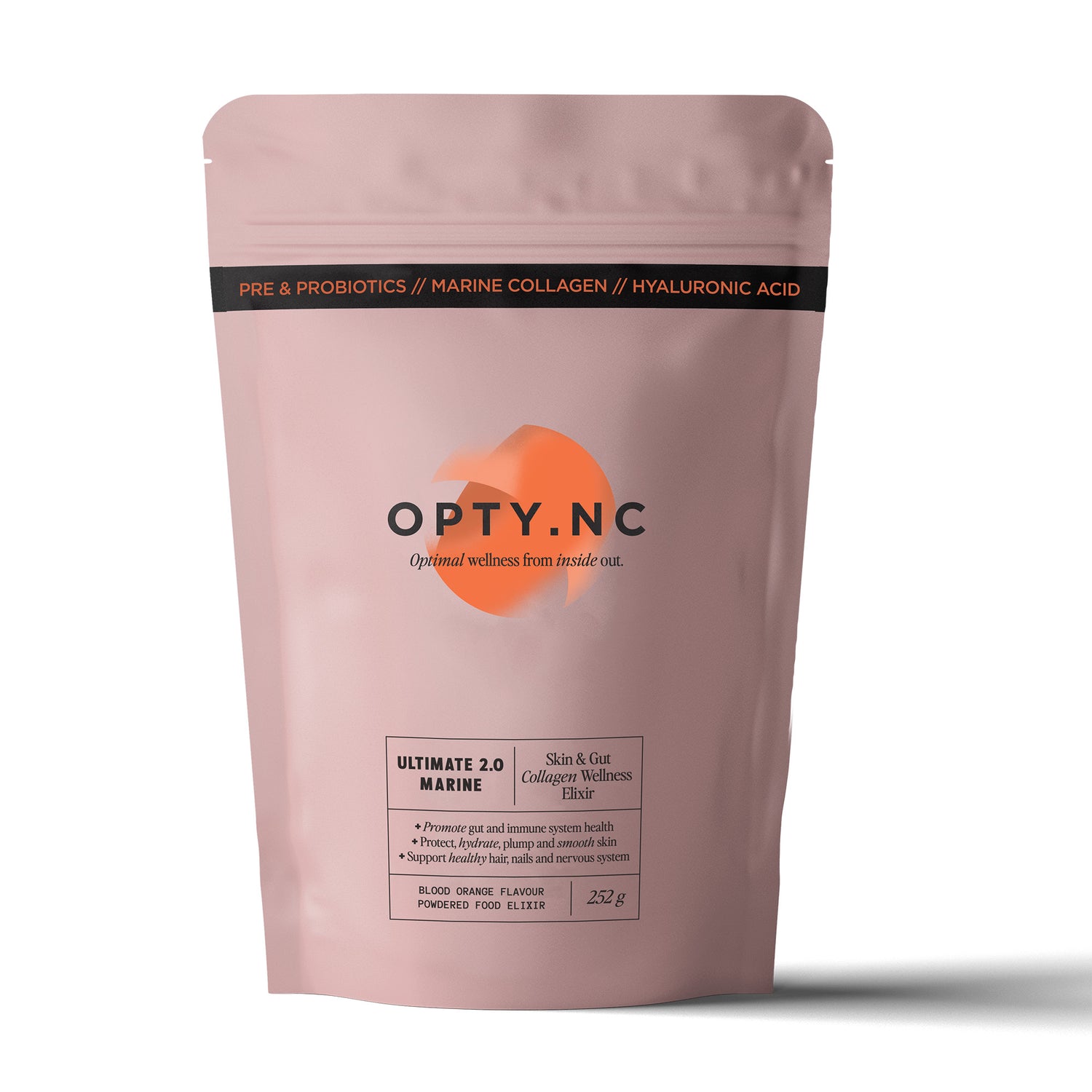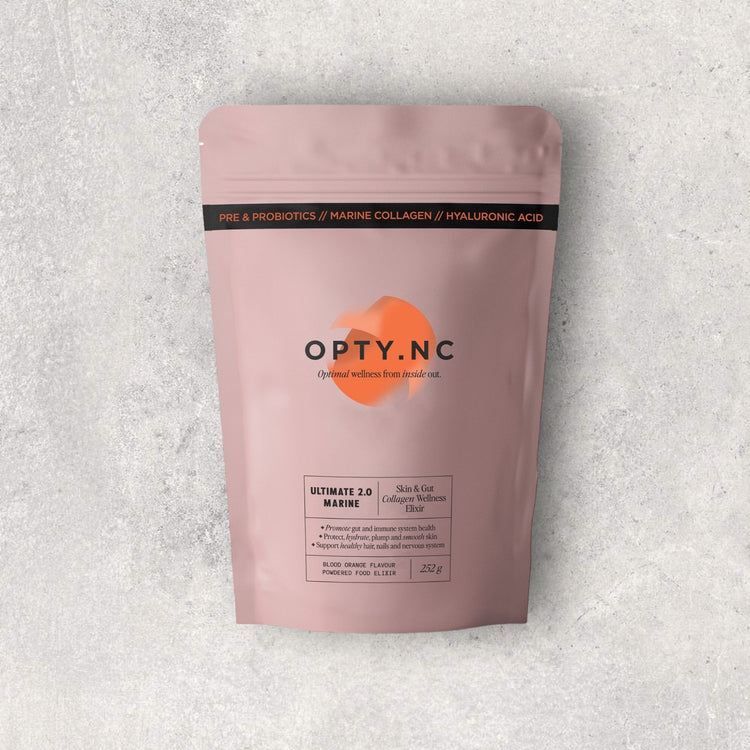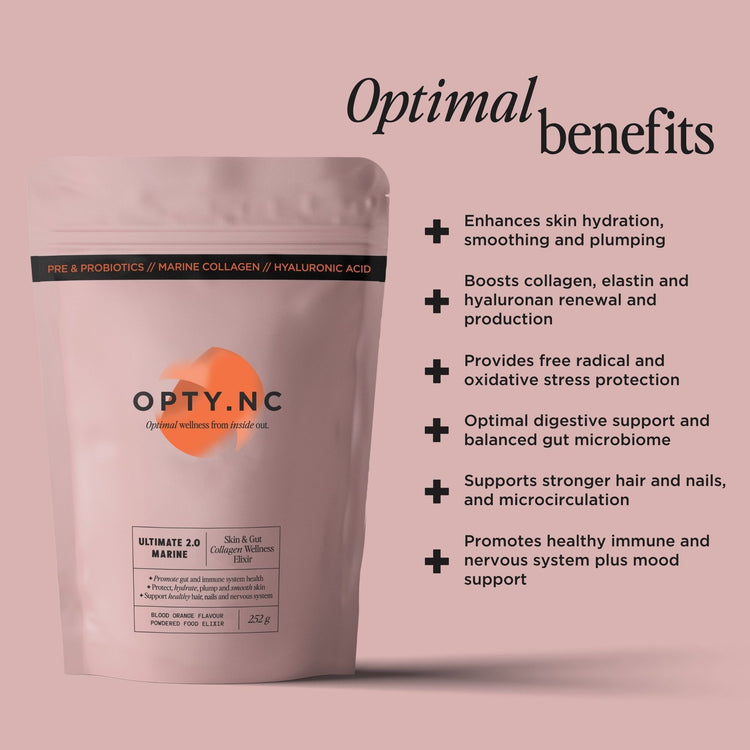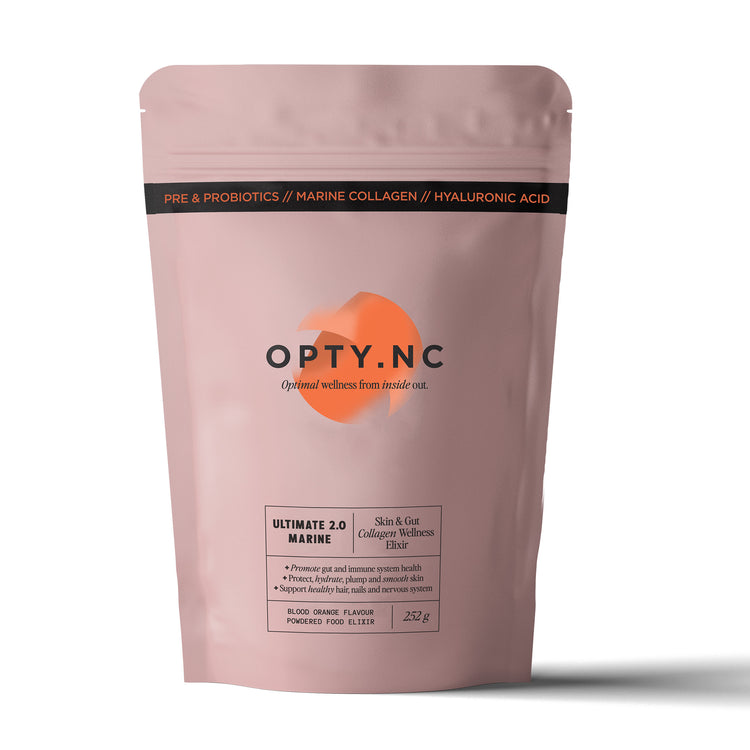We all know that the gut is responsible for digesting food and absorbing nutrients, but did you know it also plays a crucial role in our mental health? Recent studies have shown a strong connection between gut health and mental health. In fact, the gut is often called the "second brain" because of its impact on our emotions, mood, and overall well-being. In this post, we explore this fascinating connection and provide tips on improving your gut health for optimal mental health.

Unraveling the Gut-Brain Axis
The gut and brain are closely intertwined through a complex network of nerves, hormones, and neurotransmitters known as the gut-brain axis. This axis allows for communication between the gastrointestinal (GI) tract, the central nervous system (CNS), and the enteric nervous system (ENS), regulating various physiological and psychological processes like appetite, metabolism, and immune function. Researchers have found that gut bacteria can produce critical mood-regulating neurotransmitters like serotonin and dopamine and that changes in gut bacteria have been found to impact brain function and behavior
Essential Components of the Gut-Brain Axis
Enteric Nervous System (ENS): The ENS is a network of neurons often called the "second brain" because it can function independently of the central nervous system. It is located within the walls of the GI tract and controls various aspects of digestion, including motility, secretion, and blood flow.
Vagus Nerve: As a key part of the autonomic nervous system, the vagus nerve acts as a communication pathway between the brain and gut, relaying vital information about the gut's condition and regulating digestion.
Neurotransmitters and Hormones: The gut produces a wide range of neurotransmitters and hormones, including serotonin, dopamine, and various peptides. These molecules are essential in regulating mood, appetite, and other aspects of brain function.
Immune System: The gut is home to a significant portion of the body's immune cells. Immune signals and inflammation in the gut can influence the CNS and may contribute to conditions like depression and anxiety.
Microbiota: The gut is inhabited by trillions of microorganisms collectively known as the gut microbiota. These microbes can produce metabolites and other compounds affecting the brain and behavior. The microbiota composition has been linked to mental health and various neurological conditions.
Delving into the Science
Ongoing research into the gut-brain axis continues to unveil new connections between gut health and brain function. This area of study shows promise for developing innovative treatments and interventions for conditions involving the gut and brain. Dietary modifications, probiotics, and other gut-targeted therapies are being explored to manage and potentially prevent disorders related to the gut-brain axis.

According to Cate Lilja, the co-founder of ingestible skincare brand OPTY.NC, gut flora helps us digest our food and "metabolise certain dietary components to make them bioavailable so we can absorb them." Naturopath Gia Fugar adds that they're also "responsible for extracting the vital nutrients we need from food to thrive."
"The interplay between your gut flora and digestion then ultimately dictates your immune health, brain health, hormone health, and metabolic health. If you experience bloating, gas, constipation, diarrhoea, or reflux, there is a good chance that your gut microbiome is not happy," Gia explains.
Fashion Journal, Hannah Cole, What's the Connection between the Gut and Mental Health
The Impact of an Unhealthy Diet
Our diet plays a crucial role in the health of our gut microbiome. Processed foods, sugar, and unhealthy fats can disrupt the balance of bacteria in the gut, leading to inflammation and other health problems. Research has shown that a diet high in these foods can increase the risk of depression and anxiety. On the other hand, a diet rich in whole foods, fruits and vegetables, and healthy fats can improve gut health and reduce the risk of mental health issues.
The Power of Probiotics
Probiotics are live bacteria that can improve the health of the gut microbiome and are found in foods such as yogurt, kefir, and sauerkraut, as well as in supplement form. Studies have shown that probiotics can reduce symptoms of anxiety, depression, and stress. But that's not all – they also enhance cognitive function and uplift mood. At OPTY.NC, we prioritize the importance of pre-, pro-, and postbiotics in promoting inner and outer wellness and take a gut-first approach to formulating all of our ingestible products.

Stress and Gut Health
Stress can have a negative impact on gut health, which in turn can lead to mental health issues. When we're stressed, the body releases hormones such as cortisol and adrenaline, which can disrupt the balance of bacteria in the gut. This imbalance can lead to inflammation, digestive problems, and other health issues. Try relaxation techniques such as yoga, meditation, or deep breathing exercises to reduce stress and improve gut health. Physical activity and getting enough sleep can also be helpful.
The Importance of Listening to Your Body
Finally, listening to your body regarding gut and mental health is essential. Pay attention to any digestive issues you may be experiencing, such as bloating, constipation, or diarrhea. These can be a sign that something is off with your gut health. Similarly, pay attention to your mood and emotions. If you're feeling anxious, depressed, or irritable, it could be a sign that your gut health needs some attention.

Gut health significantly affects mental well-being. By optimizing our gut microbiome, we can improve our mood, reduce stress, and boost cognitive function. Eating a healthy diet, taking probiotics, managing stress, and listening to our bodies are important to achieve optimal gut health. By taking care of our gut, we can also take care of our mental health.
For more information on gut health, probiotics or how our OPTY.NC wellness products can help improve your mind-body connection please contact us at info@optync.com.




